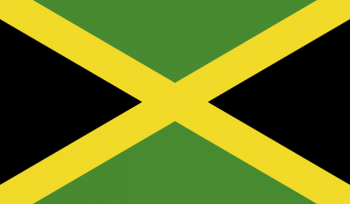
The Caribbean region has some of the world’s more frequent consumption of sugary drinks among children and has a rising prevalence of obesity. Being comprised of smaller island nations, the context is also unique and thus approaches for encouraging healthier food environments will also need to be different than in other places.
Our evaluations: We are assessing school food environments in Jamaican and Bajan schools in order to determine whether schools are abiding by Jamaica’s beverage guidelines and if other aspects of the school food environment are changing.
Policy Research
Policies
Interim guidelines for beverages pending completion of the National School Nutrition Policy / Standards | Implemented January 1, 2019
Interim guidelines for beverages
In 2018, Jamaica’s Ministry of Health created interim guidelines for beverages until the completion of the National School Nutrition Policy and the National School Nutrition Standards (slated for 2020). The guidelines prohibit sweetened beverages being sold or served in schools if they are in excess of set sugar content limits, starting January 2019 (maximum 6 g sugar/100 mL) and getting increasingly strict each year (ultimately maximum 2.5 g sugar/100 mL).
In-Country Research Partner
In-Country Team Lead
- Suzanne Soares-Wynter, PhD - Investigator, CaIHR, Jamaica
GFRP Team Leads
Publications
-
Applying nutrient profiling systems to packaged foods and drinks sold in Jamaica
Authors: Suzanne Soares-Wynter, Stacy A. Aiken-Hemming, Bridget Hollingsworth, Donna R. Miles, Shu Wen Ng
Published in: Foods, January 8 2020 view full text